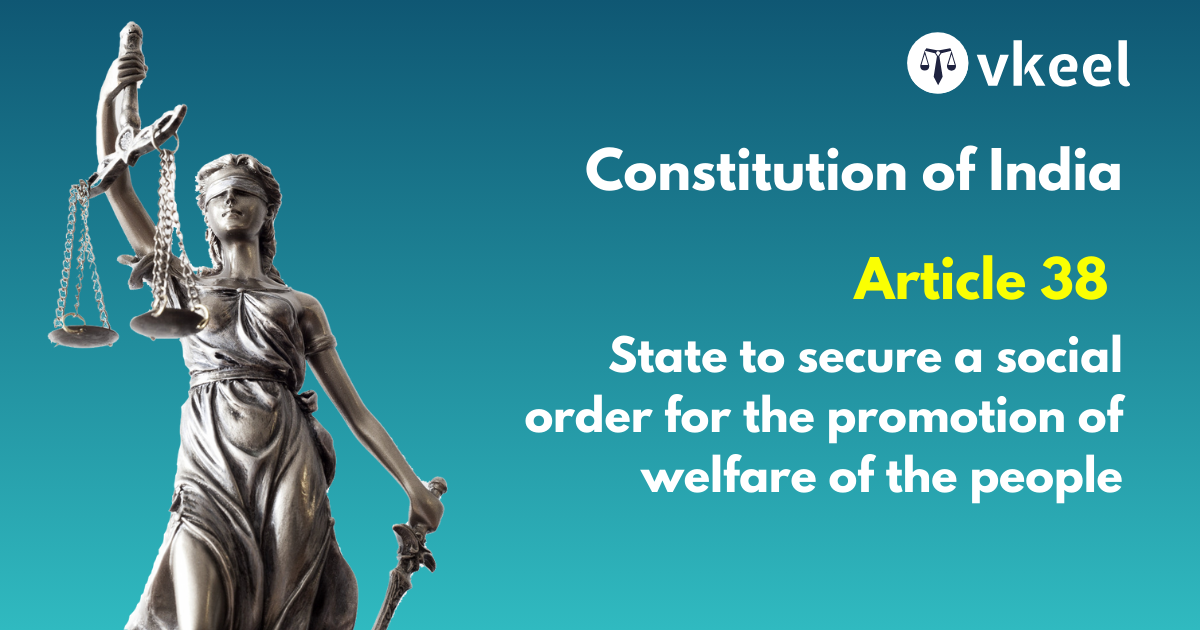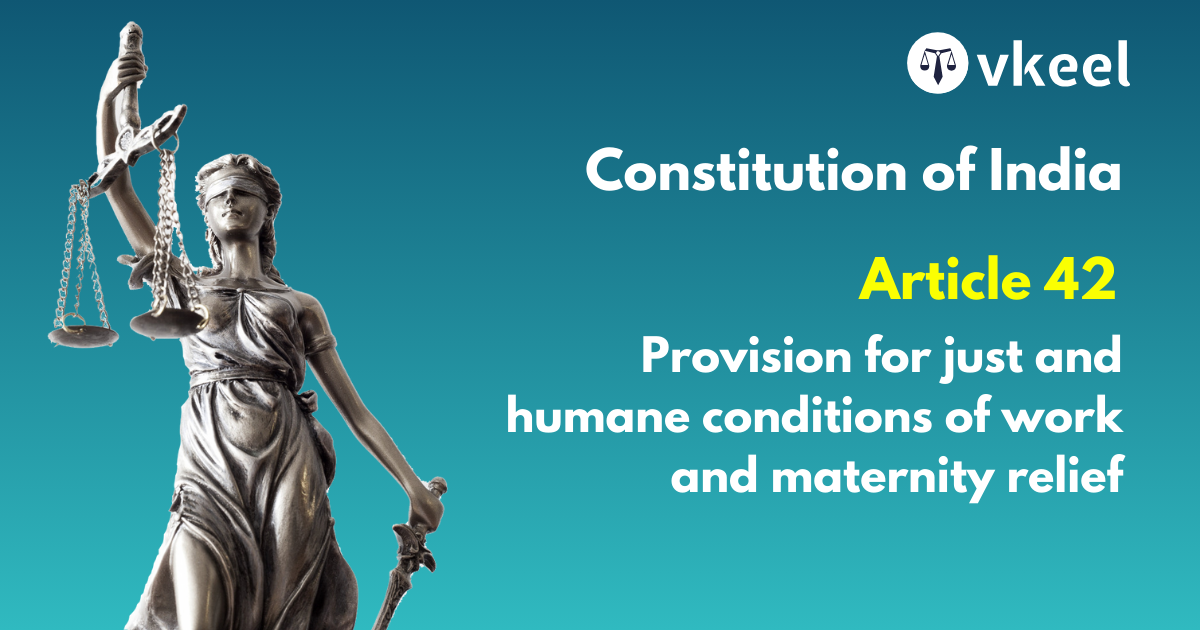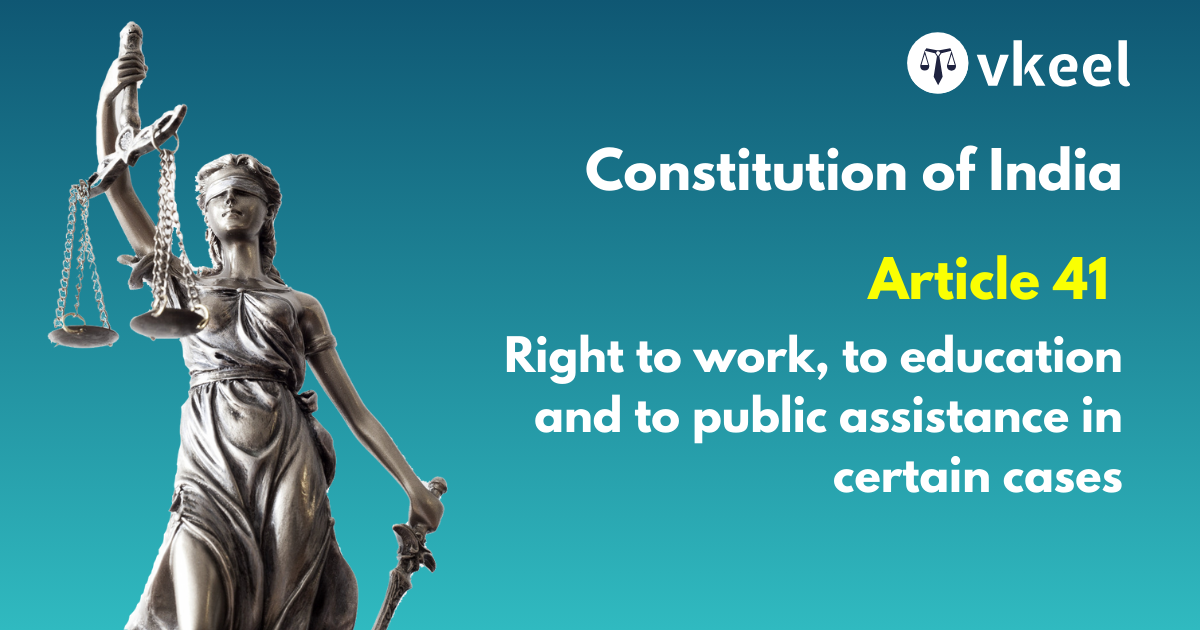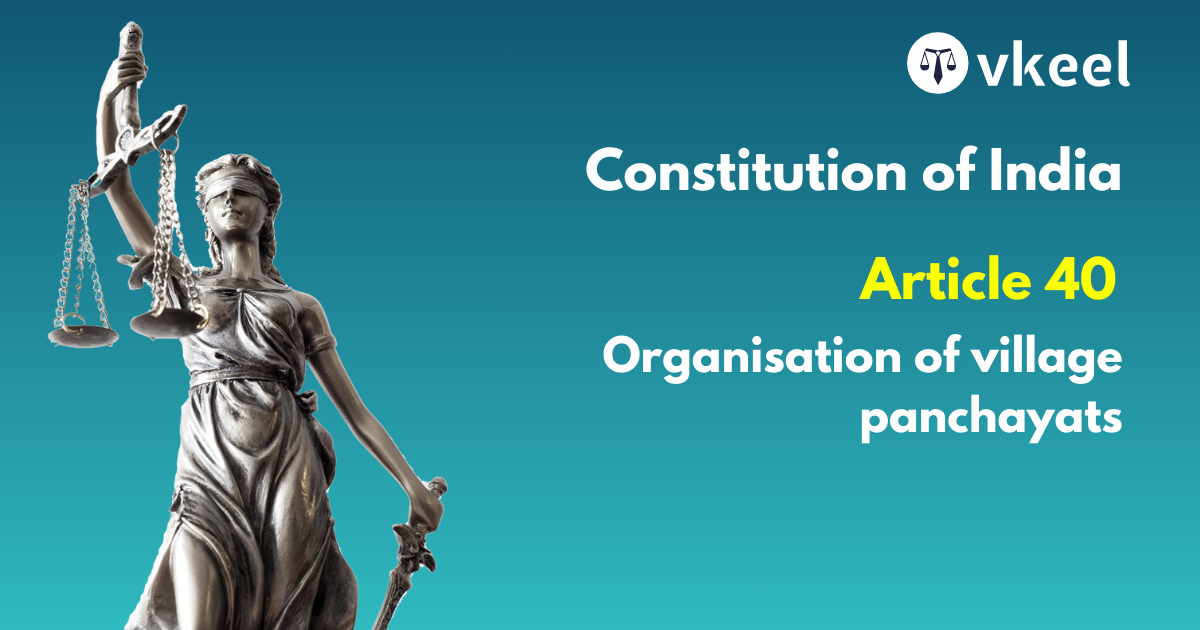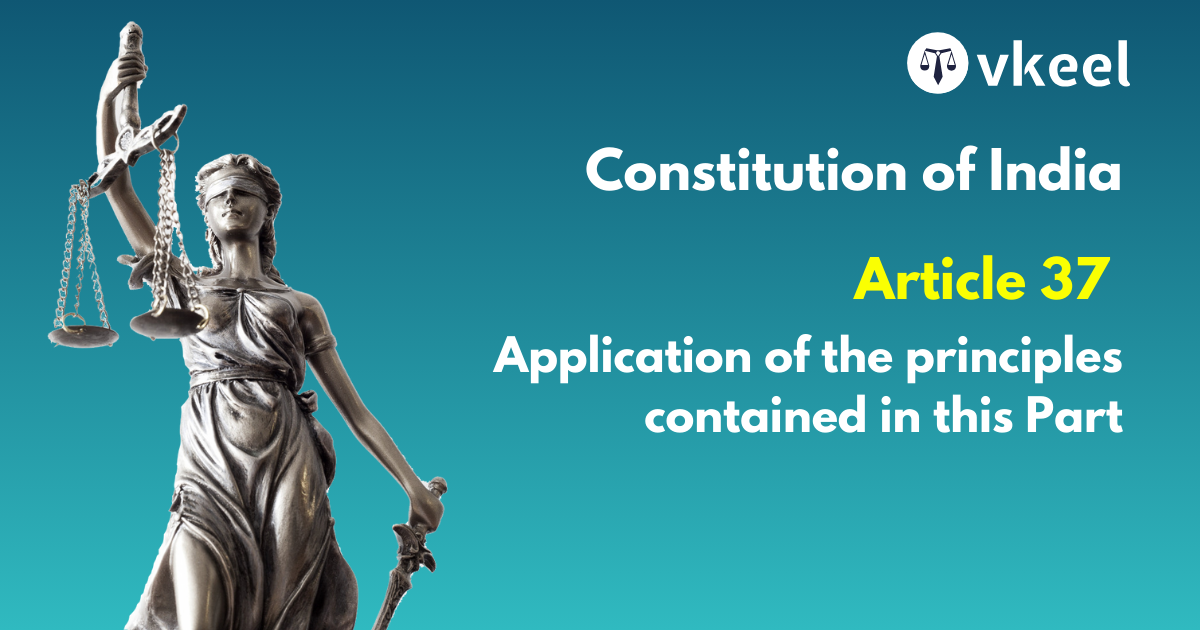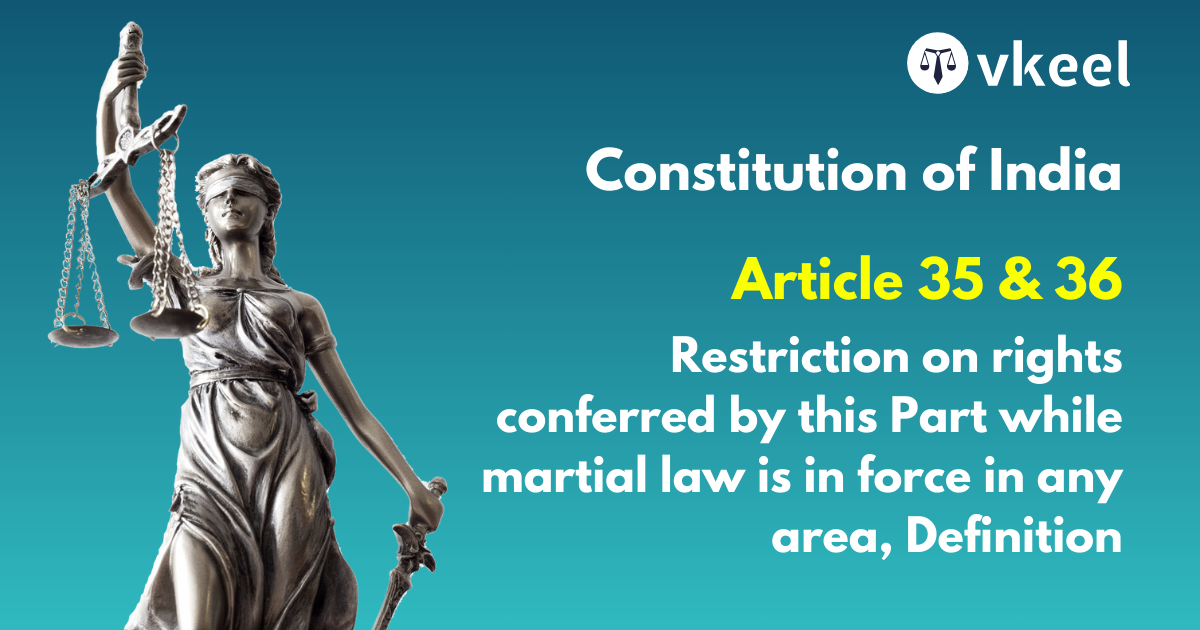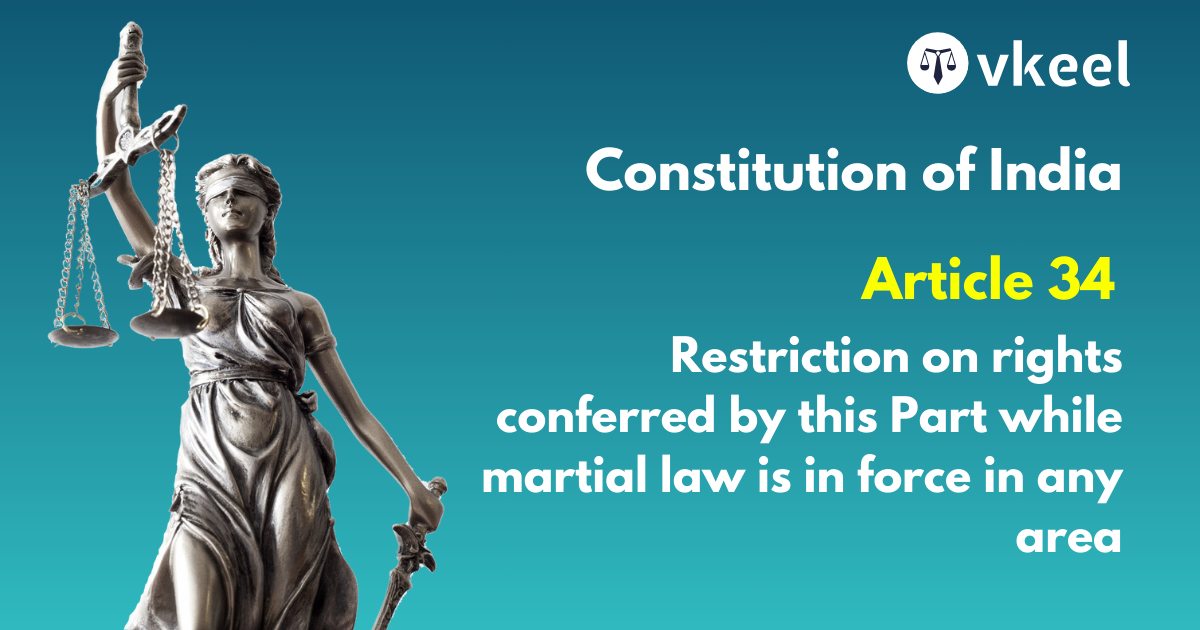Article 38 of the Constitution of India
By Joy Puri
Introduction
The Article 38 of the Constitution of India enumerates about the state’s responsibility to minimize disparities between different sections of society which exist in the social order particularly focusing in terms of income, status, and opportunities thereof.
Article 38 of the Constitution of India
State to secure a social order for the promotion of welfare of the people
(1) The State shall strive to promote the welfare of the people by securing and protecting as effectively as it may a social order in which justice, social, economic and political, shall inform all the institutions of the national life.
(2) The State shall, in particular, strive to minimize the inequalities in income, and endeavour to eliminate inequalities in status, facilities and opportunities, not only amongst individuals but also amongst groups of people residing in different areas or engaged in different vocations.
Landmark Case Laws
Kasturi Lal Vs State of Jammu & Kashmir, (1980) 4 SCC 1
The ideal we have set before us in article 38 is to evolve a State which must constantly strive to promote the welfare of the people by securing and making as effectively as it may a social order in which social, economic and political justice shall inform all the institutions of the national life. In other words, India has to establish an egalitarian social order under the rule of law. The welfare measures partake the character of sovereign functions. The traditional duty of the State to maintain law and order is no more enough. A law made in pursuance of socio-economic justice would be prima facie reasonable and in public interest.
Minerva Mills Ltd. Vs Union of India, AIR 1980 SC 1789
Where a claim for protection is made in respect of a legislation on the ground that it is enacted for giving effect to a Directive Principle, the Directive Principle to which it is claimed to be related would not ordinarily be the general Directive Principle set out in article 38, but would be one of the specific Directive Principles set out in the succeeding articles because these latter particularise the concept of social and economic justice referred to in article 38.
Consumer Education and Research Centre Vs Union of India, AIR 1995 SC 922
The Preamble and article 38 envision social justice as its arch to ensure life to be meaningful and liveable with human dignity. The Constitution commands Justice, liberty, equality and fraternity as supreme values to usher in the egalitarian, social, economic and political democracy.
State of Himachal Pradesh Vs Umed Ram Sharma, AIR 1986 SC 847
Every person is entitled to life as enjoined in article 21 read in conjunction with article 19(1)(d) and in the background of article 38(2) of the Constitution. Every person has a right under article 19(1)(d) to move freely throughout the territory of India and he has also the right under article 21 to his life and that right under article 21 embraces not only physical existence of life but the quality of life and for residents of hilly areas, access to road is access to life itself. There should be road for communication in reasonable conditions in view of constitutional imperatives and denial of that right would be denial of the life as understood in its richness and fullness by the ambit of the Constitution. To the residents of the hilly areas as far as feasible and possible society has constitutional obligation to provide roads for communication.
Chatter Singh Vs State of Rajasthan, AIR 1997 SC 303
Article 38(2) mandates to minimise inequality in income and to eliminate the inequality in status, facilities and opportunities not only among the individuals but also among the groups of people, to secure to them adequate means to improve excellence in all walks of life.
Sri Srinivasa Theatre Vs Govt. of Tamil Nadu, AIR 1992 SC 999
It is an obligation of the State to bring about, through the machinery of law, a more equal society envisaged by the preamble and part IV of our Constitution. For equality before law can be predicated meaningfully only in an equal society i.e., in a society contemplated by article 38 of the Constitution. The instrument of taxation is not merely a means to raise revenue in India; it is, and ought to be, a means to reduce inequalities. You don’t tax a poor man. You tax the rich and the richer one gets, proportionately greater burden he has to bear.
Conclusion
In conclusion, the Article 38 of the Constitution of India therefore envisages about the promotion of social justice, reducing inequalities, and ensuring that the welfare and economic progress of all citizens are achieved via the medium of good governance.
Disclaimer:
The information provided in the article is for general informational purposes only, and is not intended to constitute legal advice or to be relied upon as a substitute for legal advice. Furthermore, any information contained in the article is not guaranteed to be current, complete or accurate. If you require legal advice or representation, you should contact an attorney or law firm directly. We are not responsible for any damages resulting from any reliance on the content of this website.

